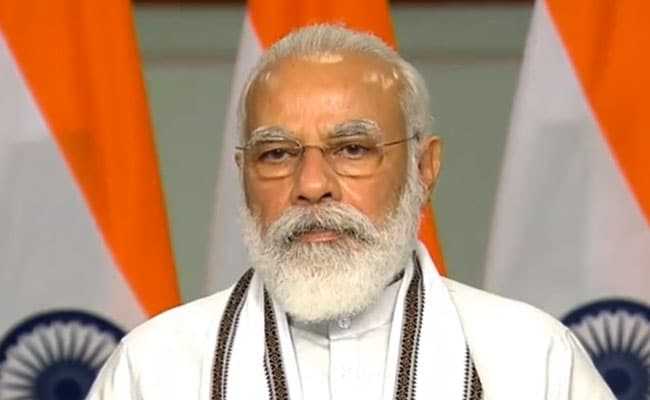
The Prime Minister said, NEP 2020 is based on the pillars of Access, Equity, Quality, Affordability and Accountability. He said, in this era of knowledge, where learning, research and innovation are important, the National Education Policy will transform India into a vibrant knowledge hub.
The Prime Minister added, NEP 2020 gives utmost importance towards ensuring universal access to school education. There is emphasis on aspects such as better infrastructure, innovative education centres to bring back dropouts into the mainstream, facilitating multiple pathways to learning among others. .
An Academic Bank of Credit will be set up to enable digital storage of credits earned from different HEIs, which can also be transferred and counted as a part of the final degree. The Prime Minister said, respecting the spirit ‘Ek Bharat Shreshtha Bharat’, the NEP 2020 includes systems to promote Indian languages, including Sanskrit. Many foreign languages will also be offered at the secondary level. Indian Sign Language will be standardised across the country.
He said, aspects such as widening the availability of scholarships, strengthening infrastructure for Open and Distance Learning, Online Education and increasing the usage of technology have received great attention in the NEP. He added that these are vital reforms for the education sector.
The Prime Minister said, framing of NEP 2020 will be remembered as a shining example of participative governance. He thanked all those who have worked hard in the formulation of the NEP 2020. The Prime Minister hoped that education would brighten our nation and lead it to prosperity.

